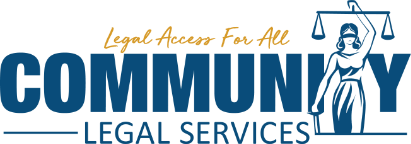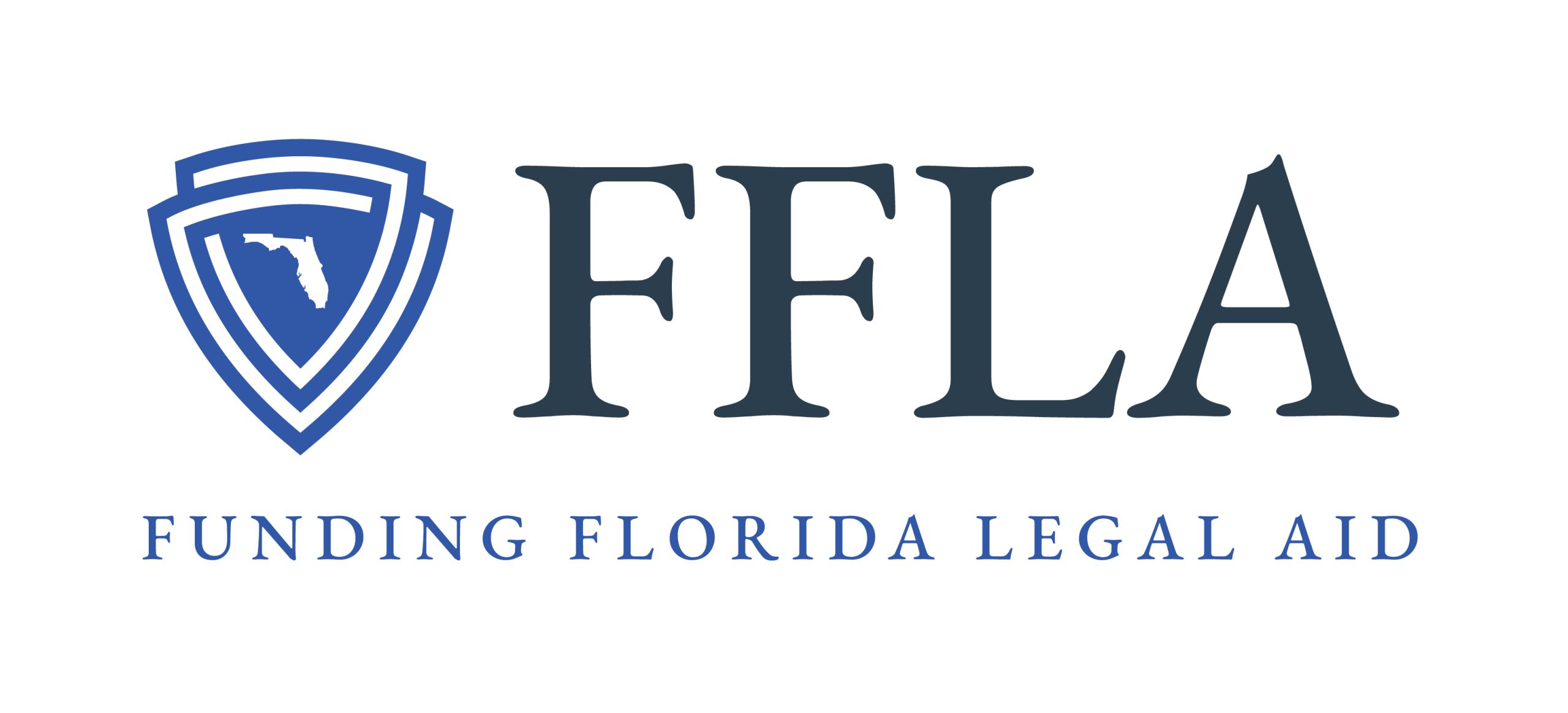Deficiency on a Loan or Mortgage
Automobile loans and home mortgages are the most common types of loans consumers get from lenders (banks/financial institutions). Once you get a loan, you now have what’s known as “collateral”, which is the home or the car you just bought. Collateral can also be property or another asset you offer a lender in exchange for the promise to pay the loan. Collateral is an asset that can be sold if you are not able to send the lender your loan payments.
If you fail to pay back the loan, the lender has the right to take possession of your collateral, such as your home through mortgage foreclosure or your car through repossession. For a mortgage, your collateral is the house and property that you own because of the loan/mortgage.
After you sell your collateral to help pay off your loan, any amount you still owe is called a deficiency.
The lender can sue you in court to obtain a judgment against you, which is called a deficiency judgment. If this happens to you, you will have to pay back the lender even after the collateral is no longer in your possession.
WHAT ARE YOUR RIGHTS?
When a lender forecloses on a home, it means the lender sells or auctions your home to pay off your home loan. Many times the amount you owe (debt) is higher than the amount the home sells for. The difference between the sale price and the total debt is the deficiency, which is the balance you still owe.
In Florida, lenders must sue a borrower to recover this amount, which leads to getting a deficiency judgment from the court.
For example, if you owe $150,000 on your home mortgage and the lender sells or auctions your home for $100,000, the deficiency amount that you must still pay is $50,000.
If the lender wants to take this plan of action, they file a lawsuit and serve you with a Foreclosure Complaint. Then a judge will determine whether you are responsible for the amount left on the loan.
For single-family homes, a lender has one year to seek a deficiency judgment after a foreclosure.
When a lender repossesses an automobile (a car, truck, motorcycle, boat, or other vehicle) and sells the vehicle at an auction, the sale price is often less than the amount that you still owe on the loan. The difference between the sale price and the total debt is called a deficiency.
For example, if you owe $20,000 on your car loan and the lender sells or auctions your auto for $15,000, the deficiency amount that you are still required to pay is $5,000.
In Florida, if your unpaid balance at the time of default is less than $2,000, the lender cannot sue you for a deficiency.
Once your car has been repossessed, you have the right to be notified whether the lender will keep your car as repayment of your debt or resell it. In either situation, your creditor must notify you about what will happen to the car.
If the lender decides they want to keep the car, you have the right to demand that the car be sold instead. You may choose to exercise this right, especially if the car is worth more than the amount owed on the loan.
If the car is sold at a public auction, you must be notified of the auction date in advance. If sold via an auto dealer, you will be notified of a date after which it will be sold.
See the CLSMF webpage about Repossession for more information.
You can redeem the car at any time before a private sale or auction occurs. To redeem the automobile, you must pay the entire loan balance plus certain costs and fees. The Notice of Sale—which your lender should have sent to you—will contain information about what is required to redeem it, including a telephone number to find out the payoff amount is and how to make that payment.
Personal property is something you own that does not come with the vehicle and that can be removed from the vehicle, like a backpack, a laptop, or other personal items. A creditor may not keep or sell any personal property found inside the vehicle, no matter what the creditor decides to do with the auto. These items do not include most improvements you may have made to the car, such as a stereo system or luggage rack. A lender who repossesses the car may be entitled to keep those.
Recovery agents are individuals hired to be complete an inventory of the personal property found inside the vehicle. However, the recovery agent may dispose of the personal property after giving you written notice and instructions on how to retrieve your items.
To reclaim your personal property, you may be required to pay reasonably incurred expenses for inventory and storage of the items. If your creditor cannot account for valuable articles left in your car, you may be entitled to compensation or payment for the value of those lost items.
A resale price which is below the vehicle’s fair market value may be considered unreasonable. If this occurs, you may have a claim against the creditor for damages (losses), or a defense against a deficiency judgment (defined above). You may also be entitled to buy back the vehicle by paying the full amount owed, plus any expenses incurred by the creditor. Additionally, you may be able to reinstate your loan by paying the amount you are behind on plus your creditor’s expenses.
WHAT DO YOU NEED TO DO?
After the auto is repossessed, the lender will send you notices about your rights. Always keep these.
Respond immediately to any court documents you receive that states a deficiency is owed.
After trying to collect the money you owe, the lender may initiate a lawsuit to recover the deficiency amount, do not ignore it.
You still have an obligation to the lender for the deficient balance on an auto, even if it’s no longer in your possession. If you disregard a summons (an official legal notice) to appear in court, the case will proceed without you, and a default judgment could be entered against you for the balance of the debt.
Call your lender to ask if they can offer you a reduction in the interest rate or the monthly payment you make. This can help you catch up on your payments.
If you want to get your vehicle back, call the lender to find out what steps you can take to accomplish this. This is also known as your rights of redemption.
The same basic rules that apply to automobile repossession also applies to home loans.
If your lender forecloses on your home and sells it at a foreclosure sale for more than the amount that you owe on the loan, then you will not be obligated to pay anything to the lender after the foreclosure. The lender is obligated to apply the sale price of your home to the mortgage debt. Only when a home is “underwater,” or “upside down” — meaning the borrower owes more on the mortgage than the home is worth — will the buyer potentially face a deficiency judgment after a foreclosure.
Is the lender the “legal payee” of the loan? The legal payee is the company or person that you owe the money to.
Overdue loans are often sold to other companies after the original lender stops trying to collect money from you. If a company claims they own the loan but doesn’t have the written proof of ownership, then they may not be able to sue you on the loan.
Make sure that the person asking for repayment on the loan has the right to collect it. They may not have the right to collect money from you if the debt has already been paid, if you filed for bankruptcy and discharged it, or if the “statute of limitations” has passed. A “statute of limitations” is a time limit for any legal right or action.
WHAT TO CONSIDER BEFORE TAKING ACTION.
The lender is required by law to send you a notice of deficiency and the notice of sale. If you do not receive those, then the creditor may not be able to sue you for deficiency.
There are federal and state laws that protect you, as a consumer, from unfair lending practices.
See the CLSMF webpage about bill collection problems for more information.
Judgments are dangerous! Once the lender obtains a deficiency judgment against you from the court, your earned wages or bank accounts could be taken (garnished), or liens could be placed on personal property.
With the help of an attorney, you may be able to negotiate a settlement or repayment plan with the lender.
Repossessions and deficiency judgments have a negative impact on your credit report. Your score may drop and affect your ability to obtain a mortgage, a future car loan, or other line of credit in the future. It could also impact your existing credit lines by increasing your interest rate or lowering the amount credit available to you on those loans.

 Home
Home








